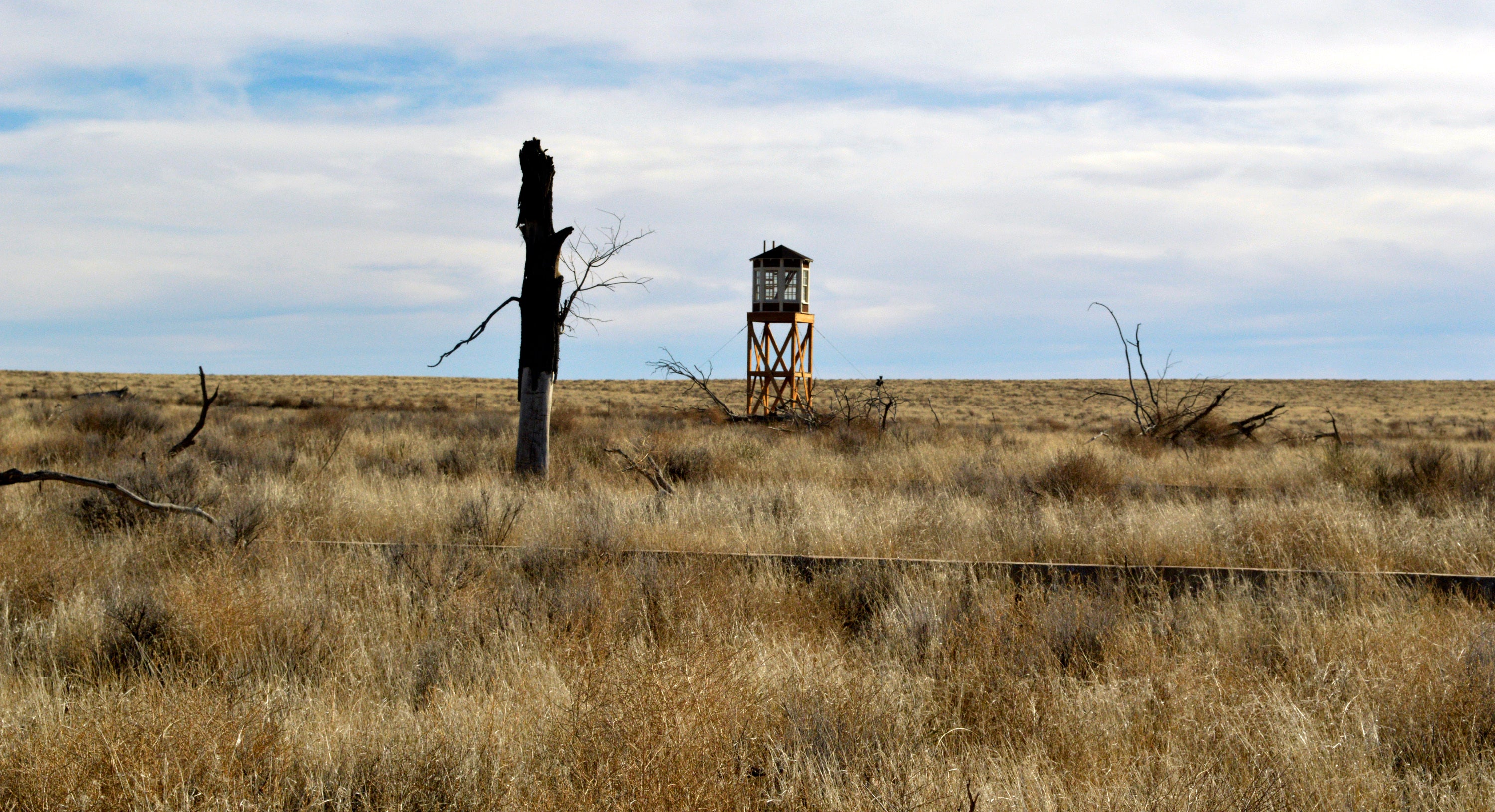Utah senator drops opposition, internment camp bill advances
A proposal to create a national historic site at a former World War II Japanese American internment camp in Colorado has passed the U.S. Senate after Republican Utah Sen. Mike Lee dropped his objections to adding more land to the federal government’s portfolio

Your support helps us to tell the story
From reproductive rights to climate change to Big Tech, The Independent is on the ground when the story is developing. Whether it's investigating the financials of Elon Musk's pro-Trump PAC or producing our latest documentary, 'The A Word', which shines a light on the American women fighting for reproductive rights, we know how important it is to parse out the facts from the messaging.
At such a critical moment in US history, we need reporters on the ground. Your donation allows us to keep sending journalists to speak to both sides of the story.
The Independent is trusted by Americans across the entire political spectrum. And unlike many other quality news outlets, we choose not to lock Americans out of our reporting and analysis with paywalls. We believe quality journalism should be available to everyone, paid for by those who can afford it.
Your support makes all the difference.A proposal to create a national historic site at a former World War II Japanese American internment camp in rural Colorado has passed the U.S. Senate after Republican Utah Sen. Mike Lee dropped his objections to adding more land to the federal government’s portfolio -- in this case less than a square mile.
The bipartisan bill to make Camp Amache part of the National Park System, sponsored by members of Colorado’s congressional delegation, goes to the House for final consideration. Its Senate passage Monday evening comes just before Saturday's 80th anniversary of President Franklin Roosevelt's order that led to the forced internment of 120,000 Japanese Americans at the onset of the war.
U.S. Sen. Michael Bennet, a Colorado Democrat, said he had the support of 99 of the chamber’s 100 senators to pass the Amache National Historic Site Act, which would make the remote southeastern Colorado landmark a national historic site eligible for additional preservation assistance.
Under the original bill, the land, owned by the town of Granada in Colorado’s eastern plains, would be purchased or donated to the federal government, although Bennet’s office says preparations have been made for the town to donate the site.
But the bill failed to pass the Senate by unanimous consent earlier this month due to a lone objection from Lee, who opposes adding new federal lands without adequate funding and in the past has advocated for “swaps” to prevent expanding federal land ownership.
The dispute came amid a broader reckoning about race in U.S. history as Japanese Americans strive to spread awareness about the gross injustices committed by the U.S. government against their community during World War II.
Bennet and Lee sparred on the Senate floor Monday before Lee agreed to drop his insistence on a land swap and Bennet clarified that Granada will donate the Amache site. Lee did call the internment of Japanese Americans “racist” and “shameful” but still insisted the U.S. government has an obligation to dispose of federal lands in the West.
“The federal government still owns two-thirds of all the land in my state,” declared Lee, one of the Republican Party’s most vocal opponents of the expansive power that federal agencies have to manage public lands in Western states.
“We have to get this done,” Bennet said, “because the survivors of Amache are growing fewer and fewer in number each year.”
The Amache site contains remnants of barracks, latrines, mess halls, military police structures and a cemetery. It’s listed on the National Register of Historic Places, qualifying it for preservation funds. Designating it a National Historic Site would make available additional federal funds through the National Park Service.
Japanese Americans were held in camps across the U.S. West, as well on a smaller scale elsewhere in the U.S., under an executive order issued by President Franklin Roosevelt in 1942. More than 7,000 people were interned at Amache between 1942 and 1945.
Lee’s stance drew outrage from numerous organizations, including the Japanese American Citizens League and the National Parks Conservation Association, which advocates for the National Park System.
“I have waited many, many years to see the day where we can be certain that Amache, as a place of reflection, remembrance, honor, and healing, is protected for our current and future generations,“ Bob Fuchigami, an Amache survivor, said in a statement released by the conservation association. Fuchigami, who testified for the bill, was 11 years old when his family was expelled from their farm in Yuba City, California, to Amache in May 1942.